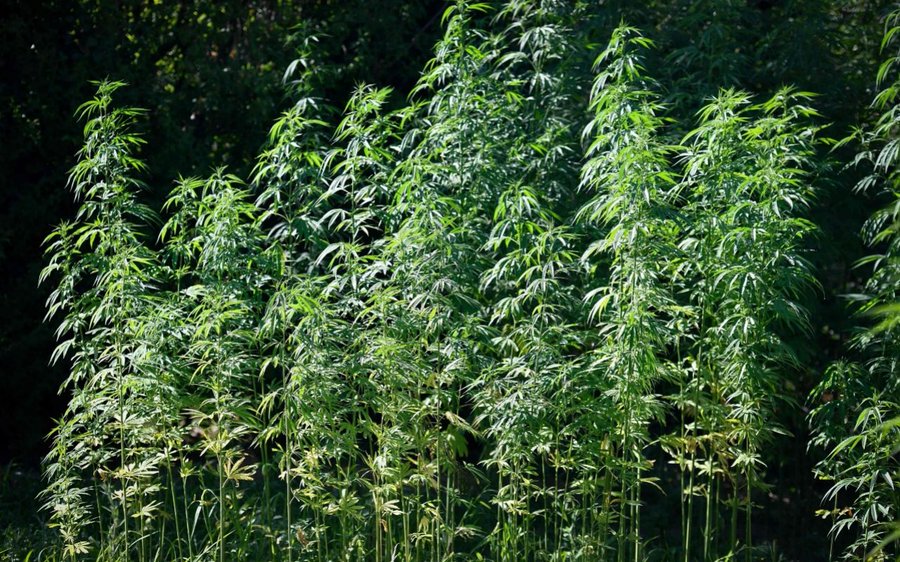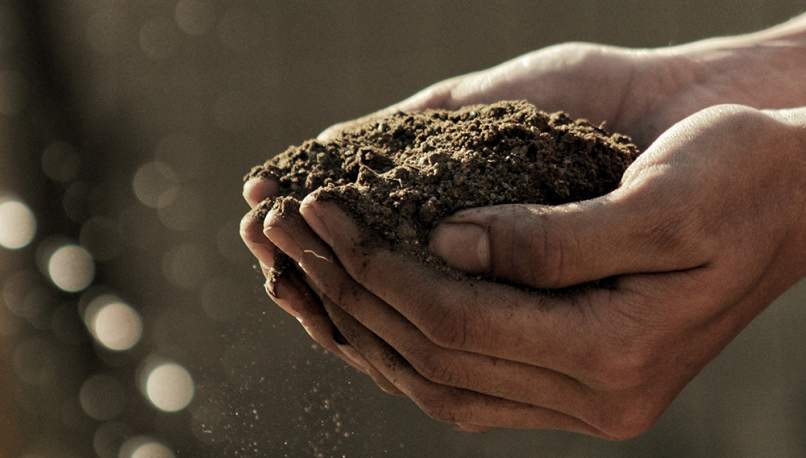The cabinet just passed a ministerial regulation to legalize hemp in Thailand, allowing the domestic production, imports and exports. The Public Health Ministry already made efforts to remove the plant from the list of narcotics last year. Nevertheless, before these new regulations come into effect, they still have to pass the council of state and the cabinet once again. The Royal Gazette has to publish the regulations afterward, To incorporate them into applicable law.
Henceforth, if the licensee acquires the specific license, the use of hemp will be allowed. Still, imports will be available only for research in the next two years, to protect the Thai economy. At the moment, hemp remains on the list of narcotics and therefore is still illegal, with some minor exceptions.
Current exceptions from Category 5 Narcotics as identified in the Narcotics Act
The preceding regulations from September 2019 are still in effect, which define exceptions on certain parts and products made from cannabis and hemp. Yet, these exceptions from the narcotic law DID NOT DELIST THE SUBSTANCES. The regulations allow to acquiring a license for hemp and cannabis-derived products, for a limited group of licensees. The exemptions are:
(1) Marijuana or hemp stalks, stem cores, and fibers are exempt if dried. The products made of such dry parts are except as well.
(2) Cannabidiol (CBD) extracted from marijuana or hemp is exempt if having at least 99% purity and no more than 0.01 percent by
weight of tetrahydrocannabinol (THC).
(3) Extracts of marijuana or hemp which contain CBD as the main constituent and no more than 0.2% by weight of THC, which are considered “drugs” as per the Drug Act, or Herbal Products as identified in the Herbal Products Act.
Upcoming legalization
The deputy government spokesperson said the new regulation will override the existing one governing the use of hemp. Yet, importantly, this does NOT concern cannabis sativa with high levels of THC. Some local newspapers falsely claimed, that cannabis sativa is now completely legal (here and here).
The new regulation will allow individuals and juristic entities registered in Thailand to grow hemp for commercial use. This also includes private and public companies, yet the existing restrictions for foreign ownership must be respected. To be eligible Thai citizens must own at least two-thirds of the juristic entities or have as many on the executive board.
Purpose and License
Ministry of Public Health & Narcotic Board Control permits individuals or juristic entities to produce, sell, possess, import or export hemp. Yet to import hemp is only possible for research purposes. For Thai farmers, collectives, companies, and families that traditionally produce hemp products, hemp will be a cash crop. According to the Food and Drug Administration, Thailand will benefit because hemp can be used in foods, cosmetic products and tradiotional medicine.
Thai hemp strains are commonly known to have high fiber quality while levels of THC and CBD are low. Yet the most varieties are insufficiently studied, which should be caught up on by new research. The Highland Research and Development Insitute is one of the first to grow and research hemp strains in northern provinces.
Read more about how Thailand legalize hemp here: https://www.cannabiscatalysts.com/tag/hemp/


